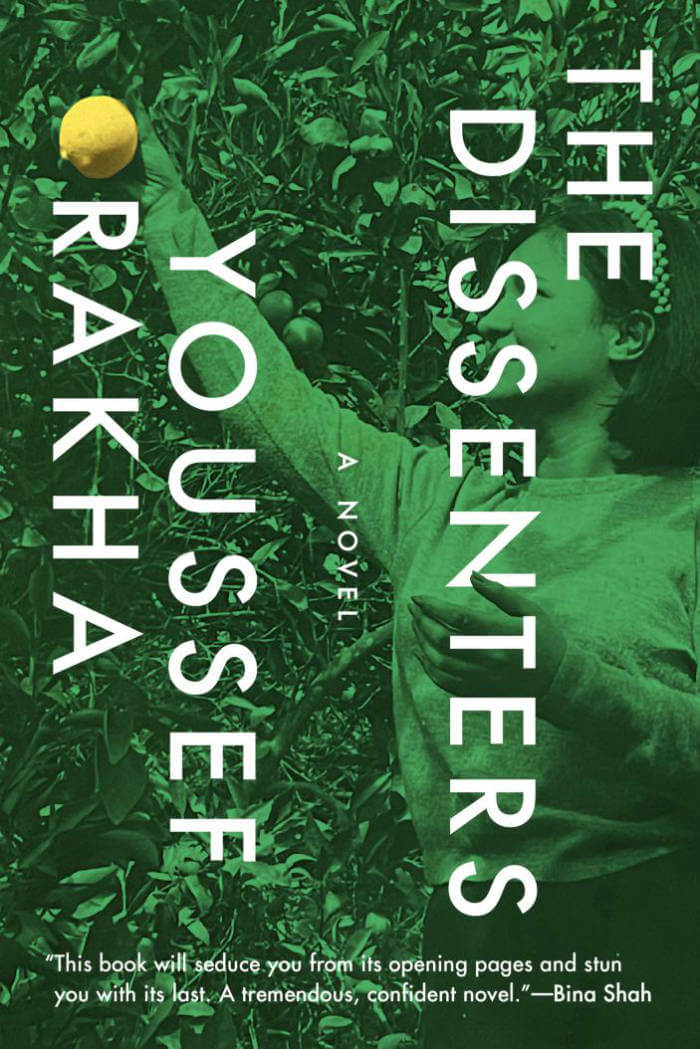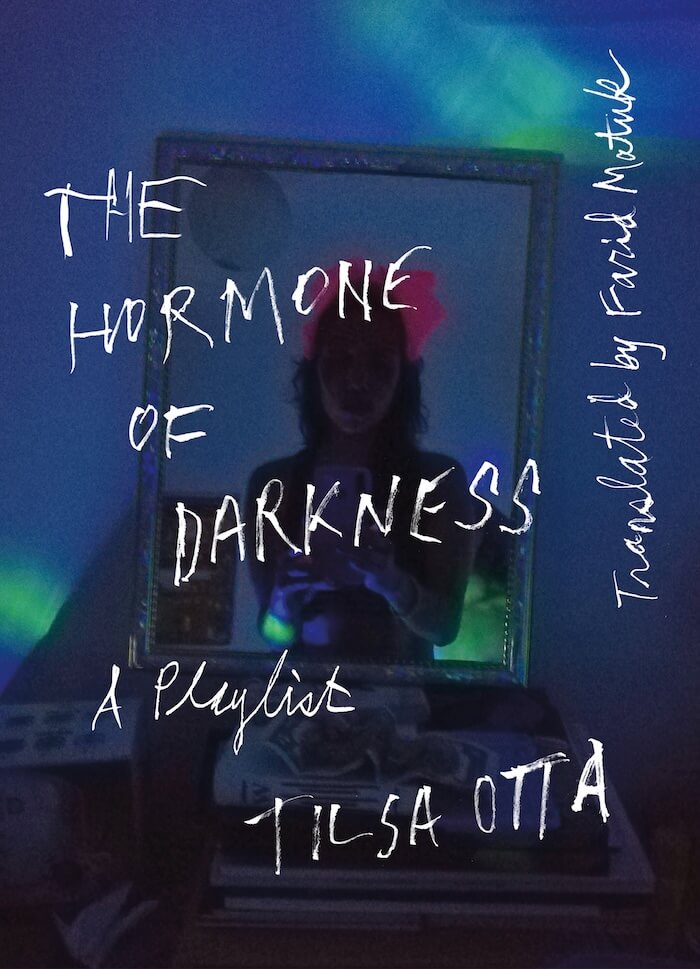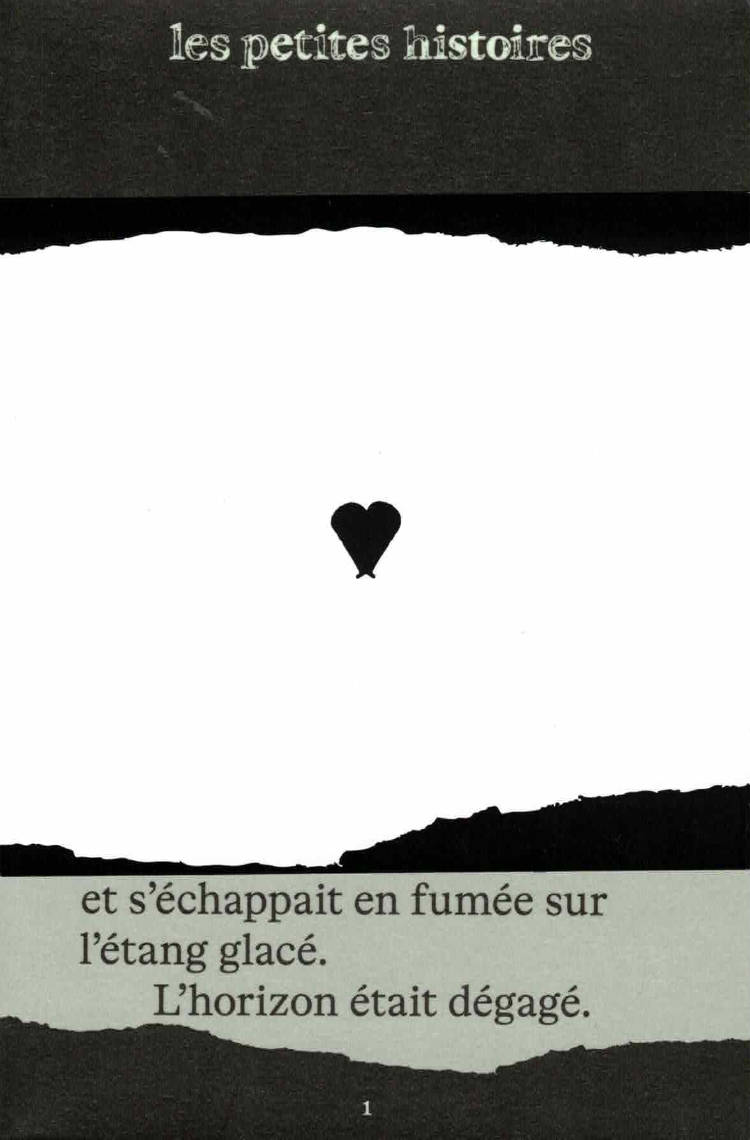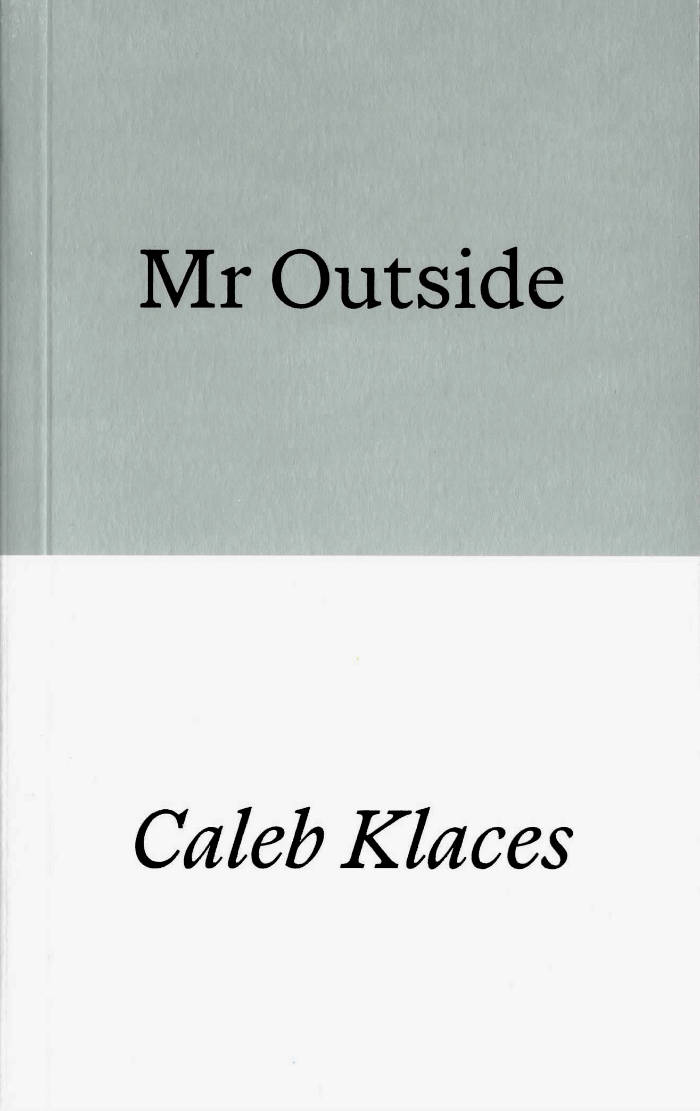
The Dissenters
A transgressive novel by an acclaimed writer that spans seventy years of Egyptian history.
Amna, Nimo, Mouna—these are all names for a single Egyptian woman whose life has mirrored that of her country. After her death in 2015, her son, Nour, ascends to the attic of their house where he glimpses her in a series of ever more immersive visions: Amna as a young woman forced into an arranged marriage in the 1950s, a coquettish student of French known to her confidants as Nimo, a self-made divorcee and a lover, a “pious mama” donning her hijab, and, finally, a feminist activist during the Arab Spring. Charged and renewed by these visions of a woman he has always known as Mouna, Nour begins a series of fevered letters to his sister—who has been estranged from Mouna and from Egypt for many years—in an attempt to reconcile what both siblings know about this mercurial woman, their country, and the possibility for true revolution after so much has failed.
Hallucinatory, erotic, and stylish, The Dissenters is a transcendent portrait of a woman and an era that explodes our ideas of faith, gender roles, freedom, and political agency.







